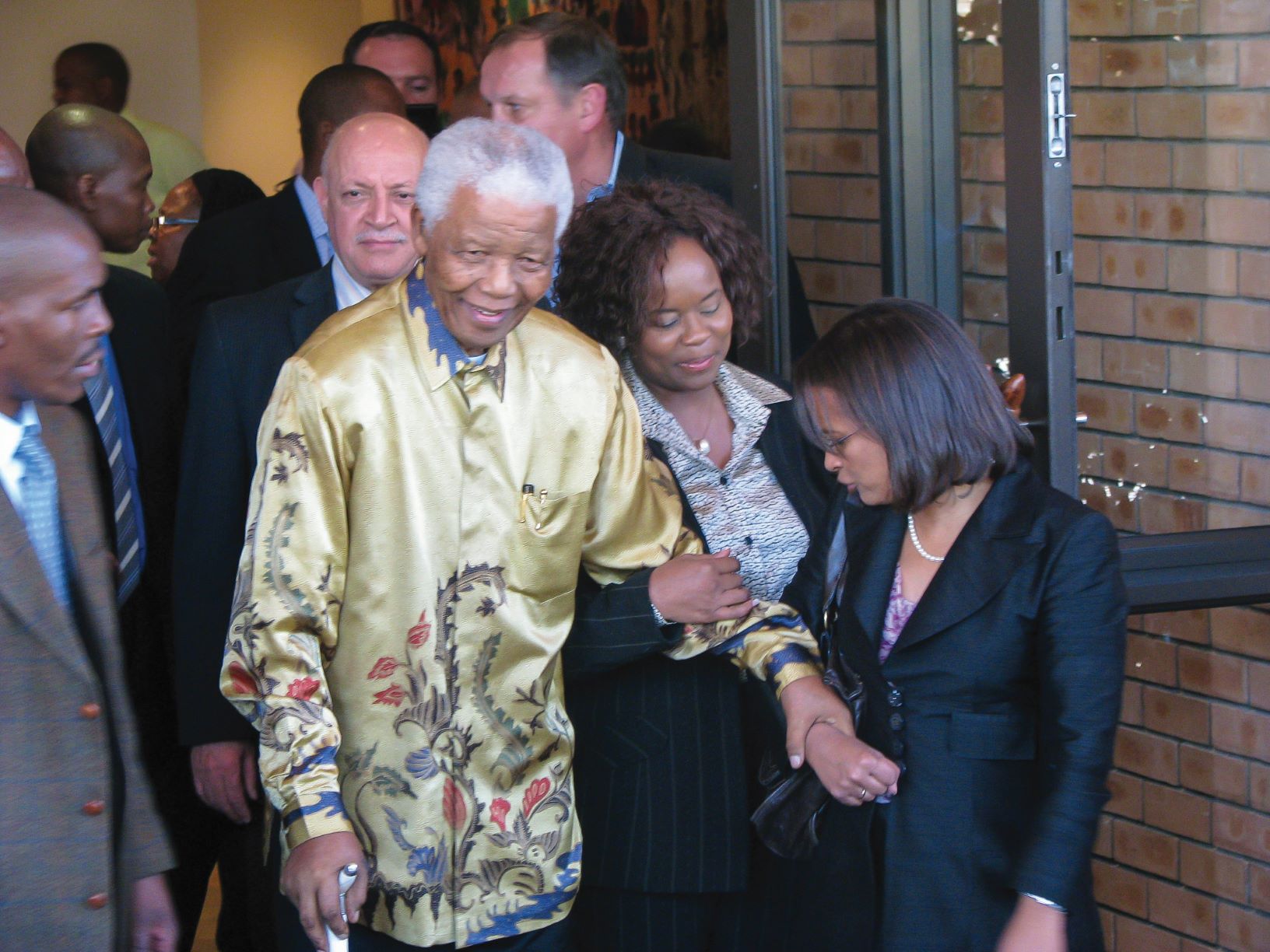Two-time Olympic champion Caster Semenya lost her court appeal against the International Association of Athletics Federation on May 1, allowing the IAAF to regulate testosterone levels in female athletes.
Semenya is hyperandrogenic, meaning she has significantly higher testosterone levels than most cisgender women. The Olympic runner is considered to have a “difference of sexual development,” or DSD, by the IAAF, and the new regulations would require her to take medication to reduce her naturally occurring testosterone levels.
The IAAF justifies the new regulations by arguing that elevated testosterone levels create an uneven playing field for other athletes. The Court of Arbitration for Sport (CAS) ruled unless the affected athletes take medication to regulate testosterone levels, they will not be able to compete.
Critics of the court decision have called it discriminatory, including the court itself. According to Al Jazeera, CAS ruled, “On the basis of the evidence submitted by the parties, such discrimination is a necessary, reasonable and proportionate means of achieving the IAAF’s aim of preserving the integrity of female athletics in the Restricted Events.”
The events included in the new regulations, which will take effect on May 8, will include all events between the 400-meter and the one-mile race, according to The Telegraph. If a woman affected by DSD refuses to take medication but wants to continue to compete, she will be required to change her event of choice.
“Hell no,” Semenya said when Al Jazeera asked if she would take medication. “I’ll always run the 800-meters. The 800-meters is my calling—I believe in it. I’ll switch when I want to switch events. No man can tell me what to do.”
Semenya won her 30th consecutive 800-meter on May 3, but this may be her last race. The runner may appeal her case again, which would send the decision to the Swiss Federal Tribunal by May 31.
Lynsey Sharp, who has been racing against Semenya for 11 years, called the competition “difficult” at the 2016 Olympics in Rio. Despite the difficulty, Sharp is against the new IAAF regulations.
“I know that the IAAFs regulations have always targeted me specifically,” Semenya said after she won her 30th consecutive 800-meter race. “For a decade the IAAF has tried to slow me down, but this has actually made me stronger. The decision of the CAS will not hold me back. I will once again rise above and continue to inspire young women and athletes in South Africa and around the world.”






